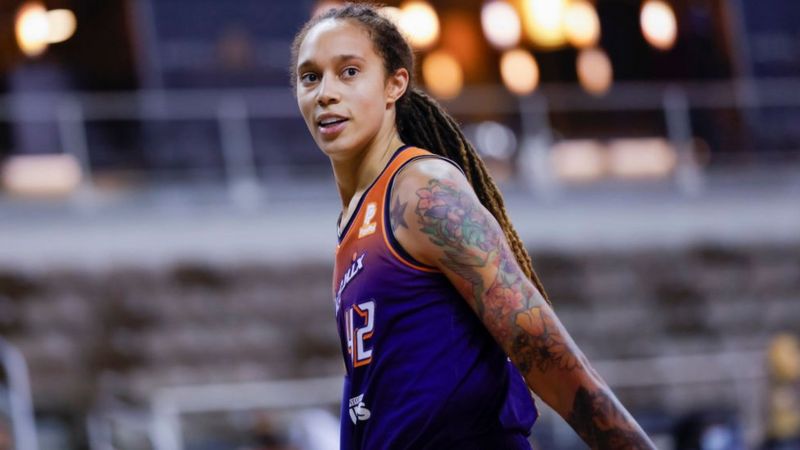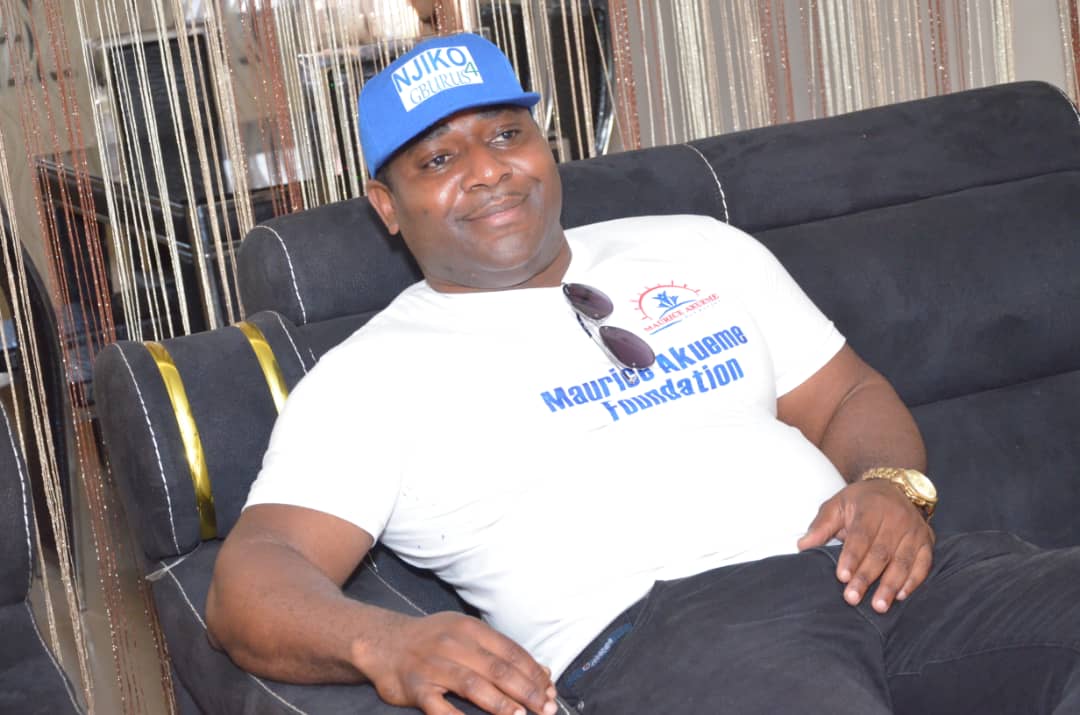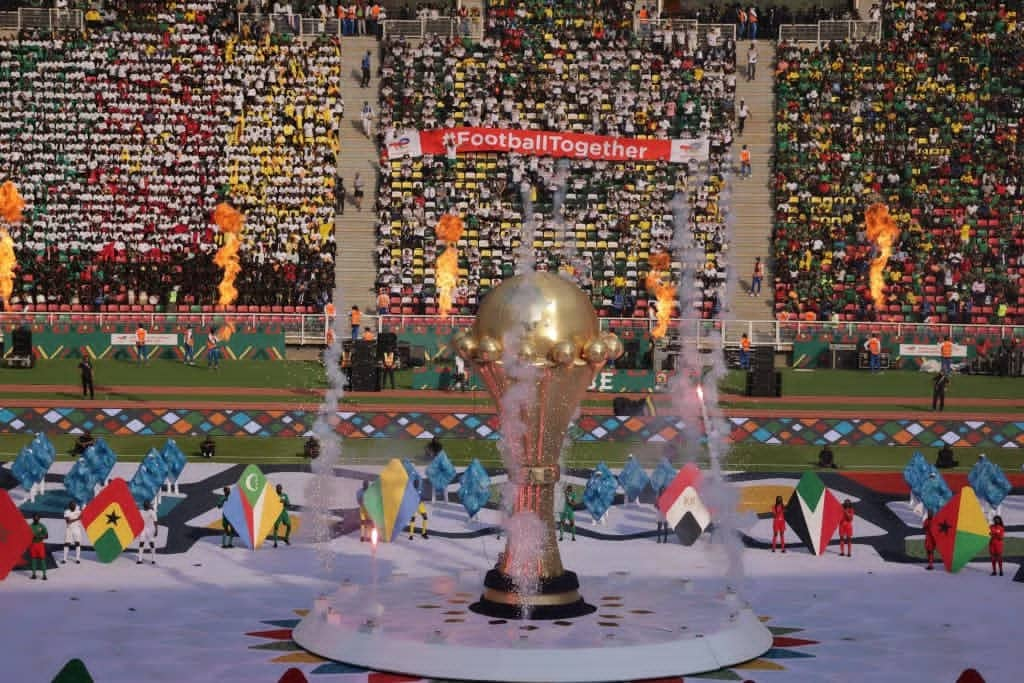She’s arguably the greatest female basketball player of all time, and she’s been detained in Moscow amid a war. Fans want to know why more people aren’t paying attention.
In one of the last public sightings of Brittney Griner, captured on CCTV, the American professional basketball player is seen walking through airport security trailing a small, black suitcase.
Ms Griner, a star centre for the Phoenix Mercury, had landed at the Sheremetyevo airport, outside Moscow, there to play another season with a Russian league
In the security footage, she wears running shoes, black sweatpants and a black hoodie with “Black Lives for Peace” written on the back, her dark hair hanging in braids down past her shoulders.
At 6ft 9in – tall even by basketball standards – she towers above the customs agents and other travellers.
In another shot, she is seen sitting in front of a man, seemingly a customs agent, shaking her head “no”. Then, nothing – until a Russian mugshot emerged on state television last week Ms Griner, 31, is believed to have been arrested by Russian authorities on drug charges.
A month after her detention, little is known about her circumstances.
The uncertainty around her fate has fuelled an outpouring of support for the player, who is considered by fans and sports analysts alike to be perhaps the greatest female basketball player of all time.
And it has also engendered a sense of outrage among some fans who say the response to Ms Griner’s detainment has been strangely muted.
.
Fans and experts say that the attention she’s been given in comparison to male players exposes longstanding gender inequities in professional sports.
“If this was an NBA [professional men’s league] player of her calibre… this would be on the cover of not only every sports page but every news media page in the world,” said Tamryn Spruill, a sports journalist who is writing a book on the WNBA and Ms Griner.
Brittney Griner, a nine-year veteran of the league – is the “best of the best”, said Melissa Isaacson, a sportswriter and professor at Northwestern University in the US state of Illinois.
“She’s every bit the Tom Brady of her sport,” Ms Isaacson said. “You could argue very accurately that she is one of the best athletes in the world.”
A native of Houston, Texas, she earned a basketball scholarship to Baylor University where she led the team to a national championship.
She is now one of the WNBA’s most dominant players in history, widely considered the best offensive player in the league.
Few have accomplished what Ms Griner has done – winning a college championship, WNBA and Euroleague titles and an Olympic gold medal. And, famously, her ability to dunk is unmatched.
Off the court, she has also been seen as a trailblazer, coming out as gay at age 22, just around the time of her entry into professional sport.
She then became the first overall draft pick in the WNBA that year and, soon after, the first openly gay athlete to be endorsed by Nike.
“Before Griner, there was this shadow over the league, where it was like ‘don’t say gay,'” Ms Spruill said. “And she was just like ‘screw that, this is who I am’.”
“BG’s always been one to be a pioneer,” Griner’s teammate, Diana Taurasi has said.
If you liked this article, then please join our WhatsApp Group for More tutorials. You can also find us on Twitter and Facebook.
Disclaimer: Contents provided and/or opinions expressed here do not reflect the opinions of The Charity Reporters or any employee thereof.





